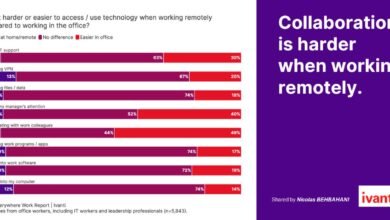
Source | www.forbes.com | Mark Murphy
One of my studies, called “How To Build Trust In The Workplace,” surveyed more than 7,000 people all about why people do, or don’t, trust their leaders. The first thing we discovered was that approximately 32% of a worker’s loyalty is the result of feeling trust towards their boss. So it’s obviously hugely important that employees trust their boss.
But what does it actually take for an employee to trust their boss? Through regression analysis we discovered that the number one driver of whether an employee will trust their boss is the extent to which employees felt that their boss responded constructively when they shared their work problems.
Now, here’s a major problem with this issue. I recently conducted another study of 27,048 executives, managers and employees called “The Risks of Ignoring Employee Feedback.” And one of the findings in this report was that only 23% of people say that when they share their work problems with their leader, he/she Always responds constructively, while 17% say their leader Never responds constructively. Even if we combine those who say that their leader Always (23%) or Frequently (22%) responds constructively, that still leaves more than half of employees who feel that their leader doesn’t consistently respond constructively when they share their work problems.
Why is this so important? One reason is that if someone says their leader Always responds constructively when they share their work problems, they’re about 12 times more likely to recommend the company as a great employer.
So, how can you quickly start responding constructively when employees share their work problems?
First, you’ve got to get your employees to actually share their work problems. To do that, stop asking “How’s it going?” It seems harmless enough, but asking “How’s it going?” is not really a question. Linguists call it a phatic expression or a speech act; it’s small talk, a conversation ritual that doesn’t seek or offer any information of value. The purpose of a question is to elicit information, but the standard response most people give when asked “How’s it going?” is “Everything’s fine.”






